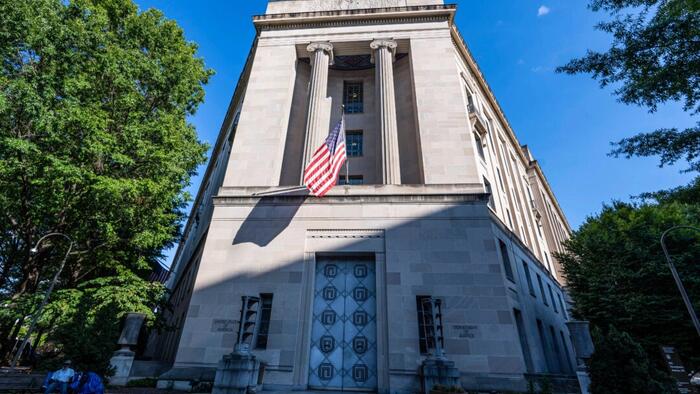Klaus Pflugbeil, a Canadian man who relocated to China, was sentenced to 24 months in prison on December 16 for his involvement in selling trade secrets stolen from Tesla, an American electric vehicle manufacturer. Originally charged in March 2024, Pflugbeil pleaded guilty in a New York federal court in June. Along with his co-conspirator Yilong Shao, who remains at large, Pflugbeil previously worked for Hibar System Ltd., a Canadian company that provided sophisticated equipment to battery manufacturers. This company was acquired by Tesla in 2019, prompting Pflugbeil and Shao to exploit their insider knowledge to copy and market Tesla’s proprietary technology.
Pflugbeil’s criminal activities began around July 2020 when he joined Shao’s new venture, which produced equipment similar to what Hibar and Tesla manufactured. Court documents revealed direct communications between Pflugbeil and Shao, wherein Pflugbeil described the confidential documents and designs he had taken. U.S. Attorney Breon Peace characterized Pflugbeil’s operation as conspicuously bold, especially since he openly marketed stolen products through various channels, including YouTube, LinkedIn, and Google, believing he was shielded from U.S. law enforcement due to his location in China.
The situation escalated given the significance of the technology involved, as the Justice Department highlighted Pflugbeil’s actions as a threat to national security. His ability to sell sensitive technology that he had illicitly obtained posed dangers not only to U.S. manufacturers but also to national interests, especially considering the competitive dynamics in the automotive industry influenced by the Chinese Communist Party. The DOJ noted that Pflugbeil earned over $1.3 million from his illicit endeavors, with serious implications for both American industry and national security.
In September 2024, the Biden administration responded to increasing concerns over national security by proposing a ban on Chinese vehicle software and hardware. The rationale was based on the interconnectedness of modern vehicles, which makes them capable of gathering and transmitting sensitive data. Assistant Attorney General Matthew G. Olsen emphasized that Pflugbeil’s theft of trade secrets was not merely an act of industrial espionage but could also empower the People’s Republic of China (PRC) in the strategically important automotive sector.
The Justice Department has a clear mandate to protect U.S. interests, stating it would allocate significant resources to thwart actions deemed harmful to national security at the hands of foreign adversaries. Pflugbeil’s case exemplifies this issue, as the DOJ underscored the potential for Chinese automakers to dominate both the U.S. and global markets through such illicit activities, effectively placing American economic interests at risk.
Pflugbeil’s downfall came after undercover agents approached Shao at a trade show in September 2023, leading to their subsequent identification of Pflugbeil through emails. Pflugbeil’s transmission of a 66-page document containing technical details of the stolen trade secrets provided substantial evidence against him, cementing the severity of his actions and their ramifications for U.S.-China relations and global trade practices in the technology sector.

